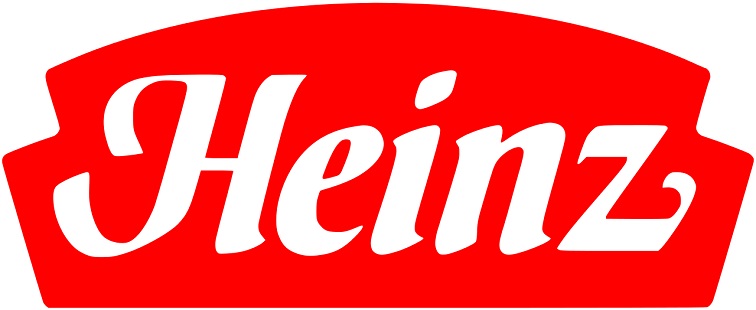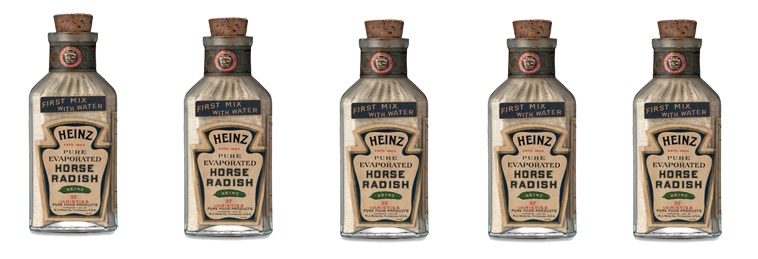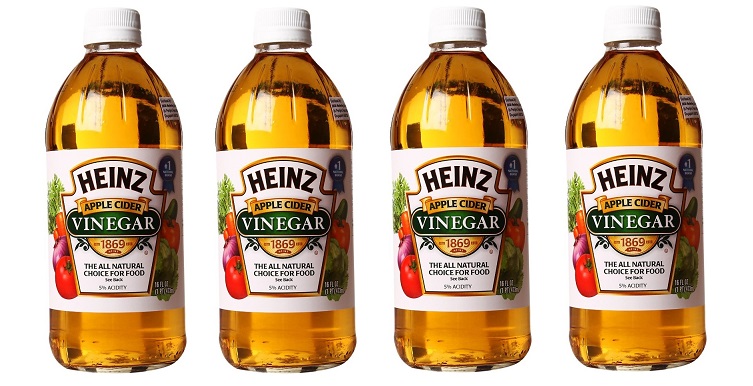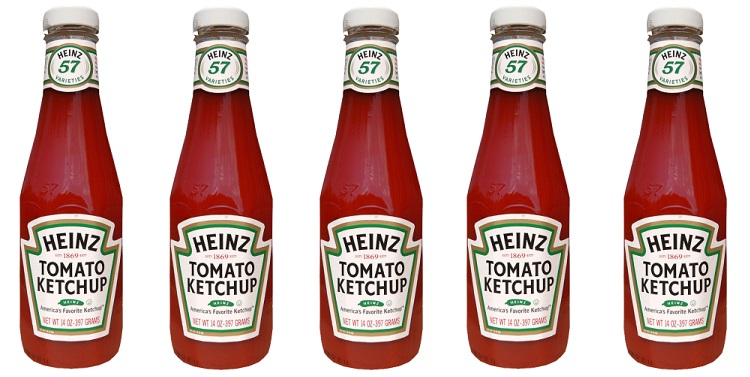
The H. J. Heinz Company is an American food processing company.
It is known for its “57 Varieties” slogan, which was devised in 1896, though it marketed more than 5,700 products in the early 21st century.
Heinz’s headquarters are in Pittsburgh.
The Heinz Company was founded in Sharpsburg, Pennsylvania, in 1869 by Henry John Heinz (1844–1919), who was later to become nationally known as the “Pickle King.”
Henry J. Heinz began packing foodstuffs on a small scale at Sharpsburg, Pennsylvania, in 1869. There he founded Heinz Noble & Company with a friend, L. Clarence Noble, and began marketing horseradish. The first product in Heinz and Noble’s new Anchor Brand (a name selected for its biblical meaning of hope) was his mother Anna Heinz’s recipe for horseradish. They manufactured it in the basement of Heinz father’s former house.
By age 16, Heinz had several employees working to cultivate the hotbeds and gardens he had built and to deliver his produce to Pittsburgh grocers.
His first company, a partnership with two other men, was formed to prepare and market horseradish. Although the company did not survive the business panic in 1875, Heinz reorganized it in 1876 and built it into a major national company by the end of the century.

Henry J. Heinz introduced the marketing slogan “57 pickle Varieties” in 1896. He later claimed he was inspired by an advertisement he saw while riding an elevated train in New York City (a shoe store boasting “21 styles”). The reason for “57” is unclear. Heinz said he chose “5” because it was his lucky number and the number “7” was his wife’s lucky number. Heinz wanted the company to advertise the greatest number of choices of pickles. In fact by 1892, four years before the slogan was created, the Heinz company was already selling more than 60 products.
Heinz opened a pickle factory in Holland, Michigan, in 1897, and it is the largest such facility in the world.
Heinz was the first manufacturer to package vinegar in individual bottles for home use.

By 1905 it had become the H.J. Heinz Company, the largest producer of pickles, vinegar, and ketchup in the United States.
In 1914, Heinz Salad Cream was invented in England.
By 1919, the company had more than 6,000 employees and 25 factories.
Heinz was an astute marketer of his products as well, and he set up a massive electric sign in New York City to advertise his firm’s relishes, condiments, and pickles.
In 1930, Howard Heinz, son of Henry Heinz, helped to fight the downturn of the Great Depression by selling ready-to-serve soups and baby food. They became top sellers.

The company went public in 1946 under the direction of Jack Heinz.
The corporation was headed by members of the Heinz family until 1969.
The H.J. Heinz Company achieved its current status as a global corporation in the second half of the twentieth century, eventually reaching markets in over 200 countries.
On March 25, 2015, Kraft announced its merger with Heinz, arranged by Berkshire Hathaway and 3G Capital. The resulting Kraft Heinz Company is the fifth largest food company in the world.

First introduced as “Catsup” in 1876 in Pittsburgh, Pennsylvania, Heinz Tomato Ketchup remains the best selling brand of ketchup. From 1906 it was produced without preservatives. In 1907, Heinz started producing 13 million bottles of ketchup per year, exporting ketchup all over the world. It is often served at restaurants in the United States and Canada, as well as many other countries. As a condiment for many foods, such as french fries, chips, hamburgers and hot dogs, Heinz ketchup uses the slogan,
“America’s Favorite Ketchup.”
The company’s “keystone” logo is based on that of Pennsylvania, the “keystone state”.
A bottle of Heinz Tomato Ketchup, which features Ed Sheeran’s infamous Heinz tattoo, sold for £1,500 at Christie’s Auction House London, setting what the company believes is a world record.

Heinz Field a football stadium was named after the Heinz company in 2001. It primarily serves as the home of the Pittsburgh Steelers of the National Football League, and the Pittsburgh Panthers college football team.
Animals, especially dogs which are a mixture of multiple breeds, can be referred to as “Heinz 57”.
In bingo in the United Kingdom, a commonly used call for “57” is “Heinz variety”.
In draw poker, “Heinz 57” is a variant where 5s and 7s are wild cards.
The Heinz 57 is also a nickname for British Rail Class 57 locomotives.
Heinz 57 figures in the plot of the novel The Manchurian Candidate when antagonist Mrs. Iselin lights upon a bottle of the product and adopts the number as an easy one for husband Senator John Iselin to remember as the number of Communists he charges are employed by the State Department. The 1962 film adaptation retains this, with a bottle of Heinz 57 sauce appearing on-screen moments before John Iselin cites the number in a speech.

